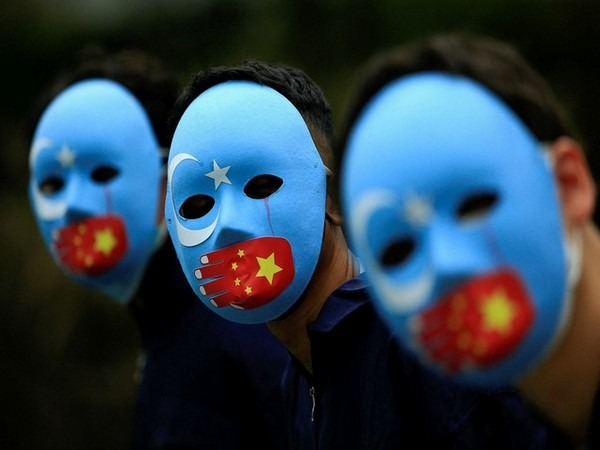UN will further promote, defend Women's Rights in Afghanistan: Secretary-General
Oct 23, 2021

New York [US] October 23 : The United Nations will continue its activities in Afghanistan to further promote and defend women's rights in Afghanistan, UN Secretary-General Antonio Guterres said on Friday (local time).
"In Afghanistan, the @UN is staying and delivering and will continue to promote and defend the rights of women and girls. We will not stop until girls can go back to school, and women can return to their jobs and participate in public life," Guterres said in a tweet.
Afghanistan had suffered more than 20 years of conflict before the Taliban took over the country in mid-August and the US-led foreign troops withdrew before the fall of the previous Afghanistan government led by President Ashraf Ghani.
The Taliban have ruled in accordance with a harsh interpretation of Islamic law and though the outfit has sought to project greater moderation in recent years, many Afghans remain sceptical.
Despite the assurance that women rights would be kept in Afghanistan, the Taliban failed to win the confidence of the women in the country as they are still feel haunted under its regime.
Women employees in some banks have already stopped working. Even women police officers have received threats. Away from the urban areas, women and girls are not allowed to move out on the streets without a male family member accompanying them.
Afghan women had enjoyed unfettered freedom in the country for many years.
Samira Hamidi, who works for Amnesty International, tweeted a photograph showing two Afghan journalists, both men, Nemat Naqdi and Taqi Daryabi, showing the injuries on their bodies, the result of torture by the Taliban for reporting on a women's rights rally in Kabul. The face of Islamist terror is back in vogue, according to a Canada based think tank.
Earlier, the Taliban announced a "general amnesty" for all Afghan government officials and urged them to return to work, including women corresponding with Sharia law. But, the older generations remember the ultraconservative Islamic regime that saw regular stoning, amputations and public executions during Taliban rule before the US-led invasion that followed the September 11, 2001, terror attacks.




















